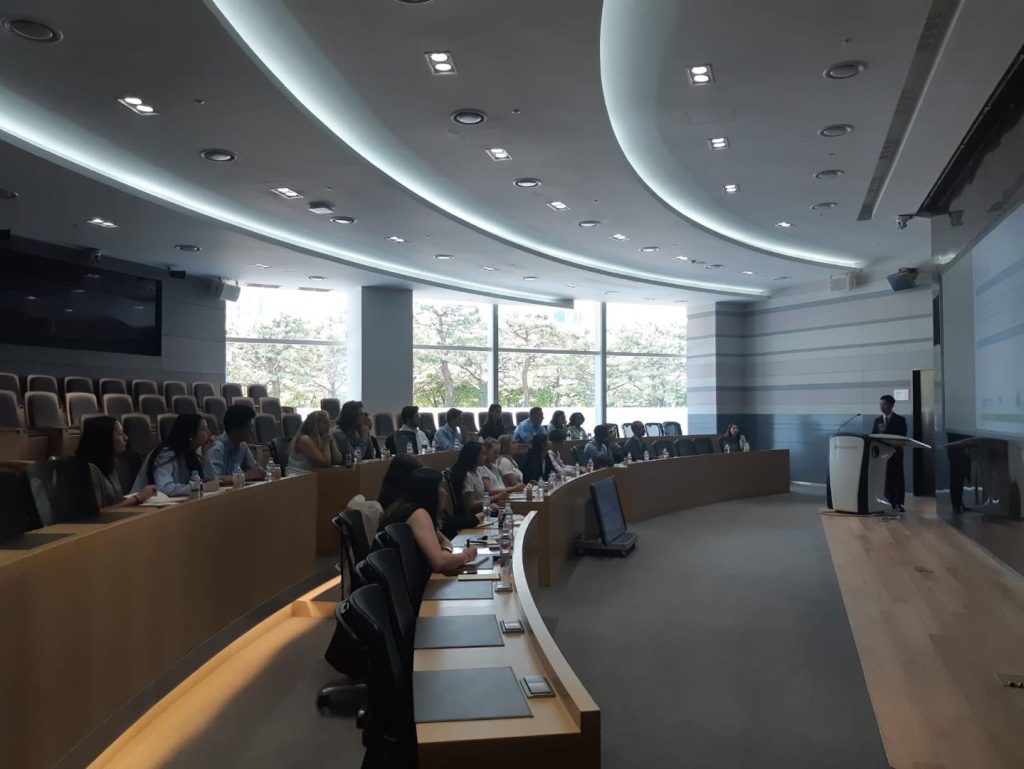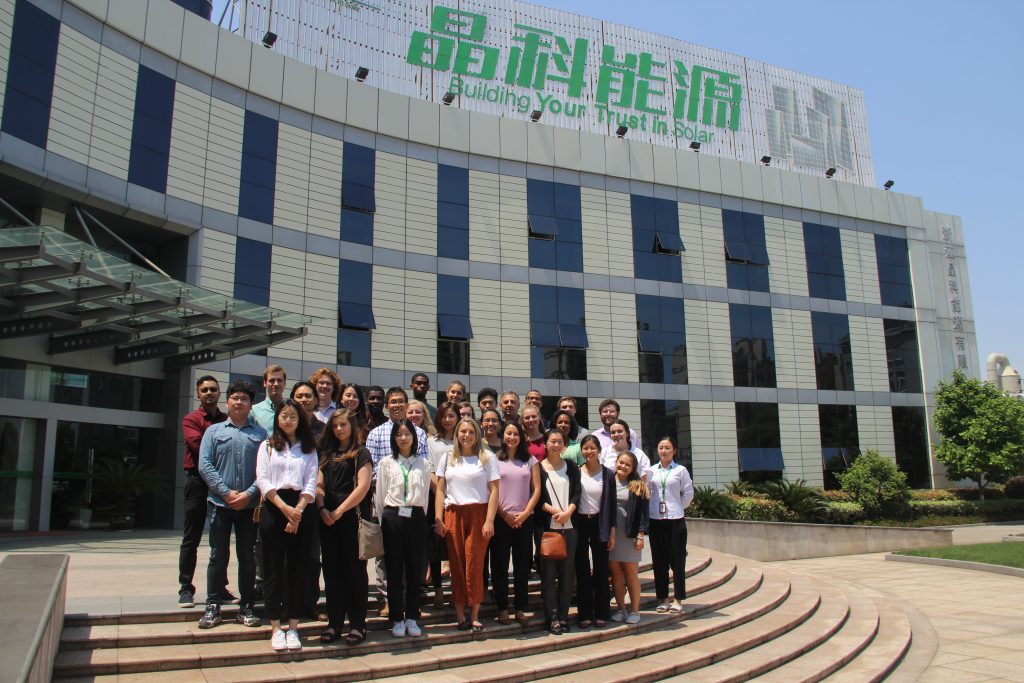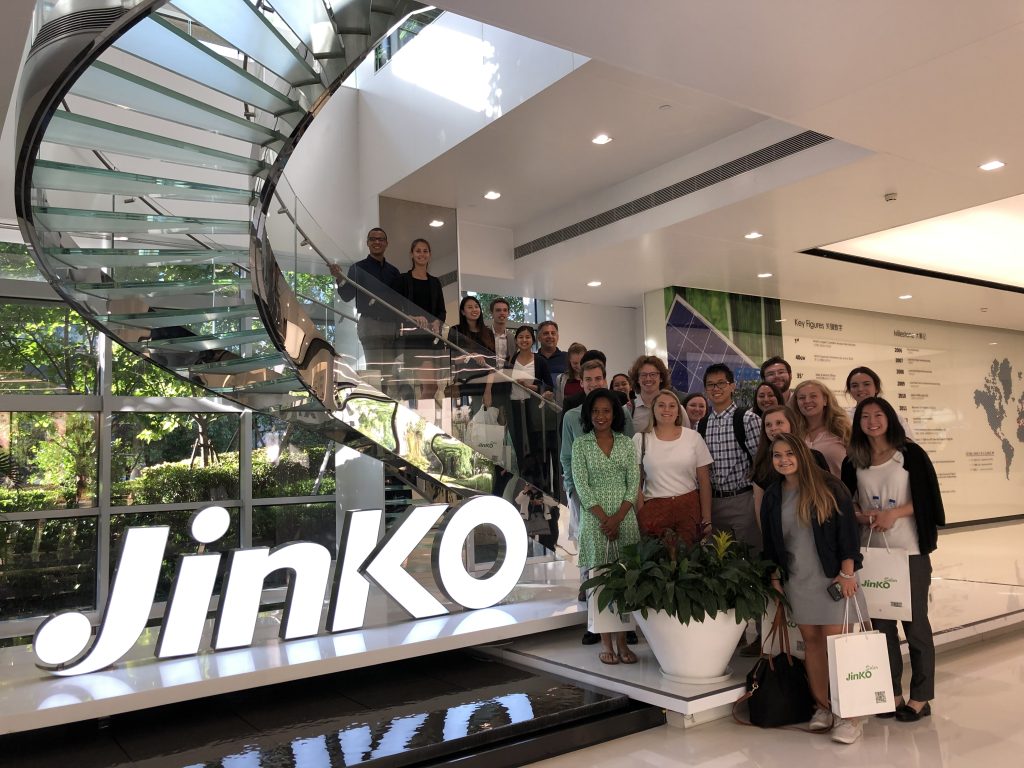Undergraduate students visit tech hubs for renewable energy development in Asia
November 3, 2019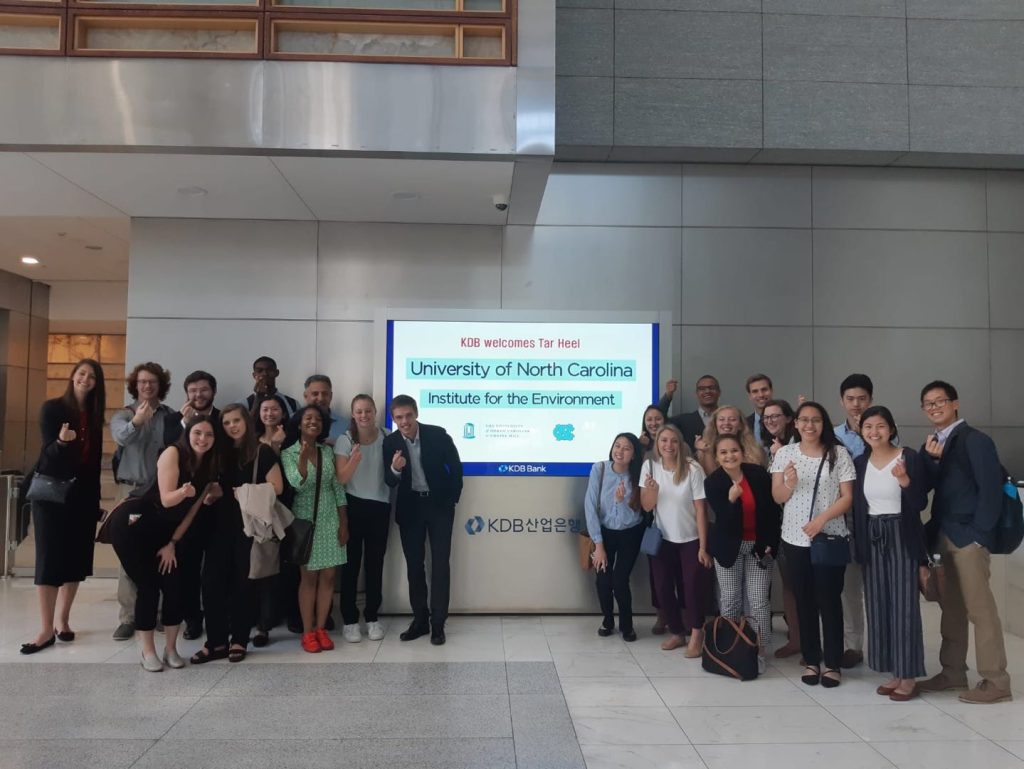
In a three-week long program this summer as part of Honors Carolina’s Burch Field Research Seminar, 22 undergraduate students traveled to China and South Korea to learn about the rise of clean technology and renewable energy in Asia.
“The green economy is largely being built in Asia,” says Greg Gangi, professor and associate director for clean technology and innovation for the Institute for the Environment who led the program. “Europe and the U.S. have played a role, but really Asia more than anywhere — especially Japan, Korea, and China — is leading the way in creating and scaling new technologies.”
Part of this, Gangi says, is because these countries have put a priority on developing clean tech and are shaping their economies around them. He wanted the students to learn the nuances of this while they visited companies and government agencies in the two countries.
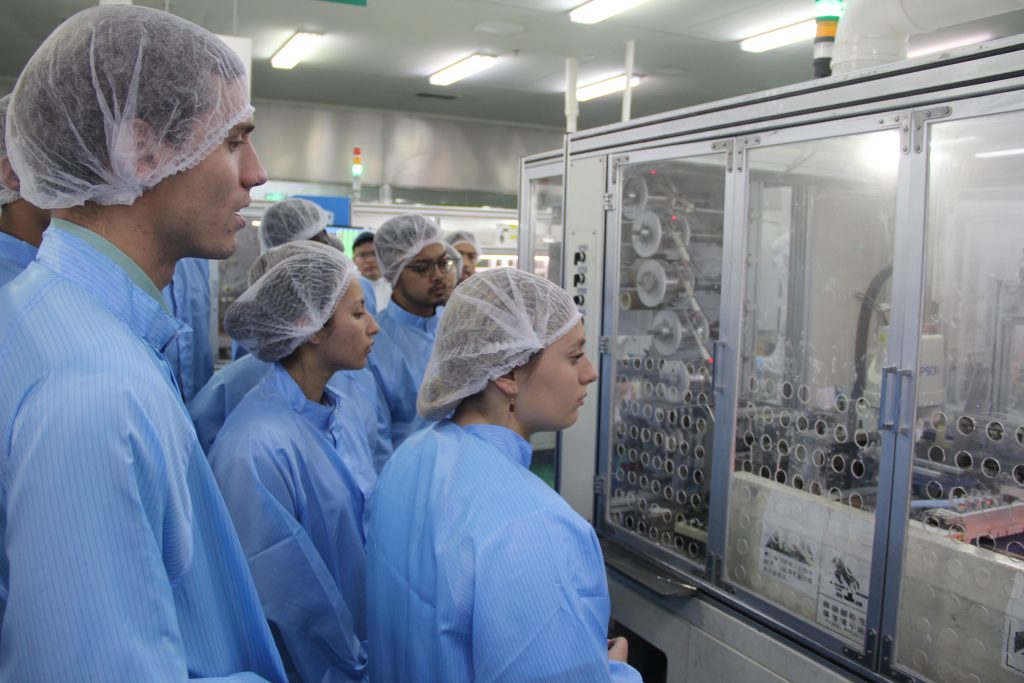 They spent eight days in South Korea, visiting factories in Seoul and the new “smart city” of Songdo on the country’s northwestern coast. It was built from the ground up to be a showcase city that utilizes the best of technology: sensors to assess traffic flow and energy use, a low-waste water system, and transit systems that are linked to residents’ phones.
They spent eight days in South Korea, visiting factories in Seoul and the new “smart city” of Songdo on the country’s northwestern coast. It was built from the ground up to be a showcase city that utilizes the best of technology: sensors to assess traffic flow and energy use, a low-waste water system, and transit systems that are linked to residents’ phones.
Students learned how South Korea and China solved problems — sometimes by playing into the culture of the people who lived there. As part of the effort to become a smarter city, Seoul designed a program to look out for the 300,000 elderly people who live alone in the city through rice cookers. Rice is a staple of South Korean cuisine, and elderly people may opt into receiving a smart rice cooker. If it hasn’t been used in 24 hours, it alerts authorities that its owner may be in distress.
“With regards to technological innovation, they are moving ahead of us quickly,” Gangi says.
The students who participated in the seminar weren’t only environmental majors. Some are studying computer science, physics, and business. Gangi says that that the variety of backgrounds made discussions and questions more interesting.
Thomas Richards, a senior from Brooklyn, New York studying computer science and physics, was one of the students who studied renewable energy from a non-environmental background.
“I definitely came at the trip from a slightly different angle than most of the people, because I’d say the standard majors were either urban planning or environment science,” Richards says. “But this is something that I have wanted to work on forever, and I think that I want to apply my studies in physics and computer science to this kind of issue.”
Richards says that he learned a lot and was excited to see that his skillset was valuable to the development of renewable energy. Plus, he says, he had the opportunity to help his classmates understand the nuances of some of the technologies that they learned about.
“It’s nice to have a full perspective about what it actually means when you generate electricity,” he says.
During their week in Shenzhen — which Gangi calls the Silicon Valley of China — they learned about the city’s 100 percent electric bus fleet from behemoth company BYD, which produces electric cars, trucks, monorails, and other forms of public transportation. In Shanghai, they listened to experts talk about renewable energy and visited Huawei, spending a whole day on their idea of cities of the future.
Most of the seminar focused around site visits, and students prepared pre-visit presentations on the companies that they would tour. People at the companies gave lectures and Gangi tied everything together afterwards, focusing on how technology can combine efficiency, economic growth, and environmental sustainability into something beneficial.
“The key thing I learned was an economic approach to tackling climate change, because I’ve come at it through the more research-based, scientific, maybe lofty-minded approach,” Richards says. “I really enjoyed learning more about how to actually build a company that’s going to impact the world.”
An important lesson, Gangi says, is that clean technology is the future — and that the United States needs to fully embrace it in order to remain a global leader.
“We live in a globally competitive world, and things are moving very fast in Asia for different reasons,” Gangi says. “If we don’t get our act together, we’re going to fall behind very fast. Clean tech is just one lens to look at how innovation is occurring in an economy, and what we saw were very innovative companies.”
But the push for innovation could also be something to bring the country together.
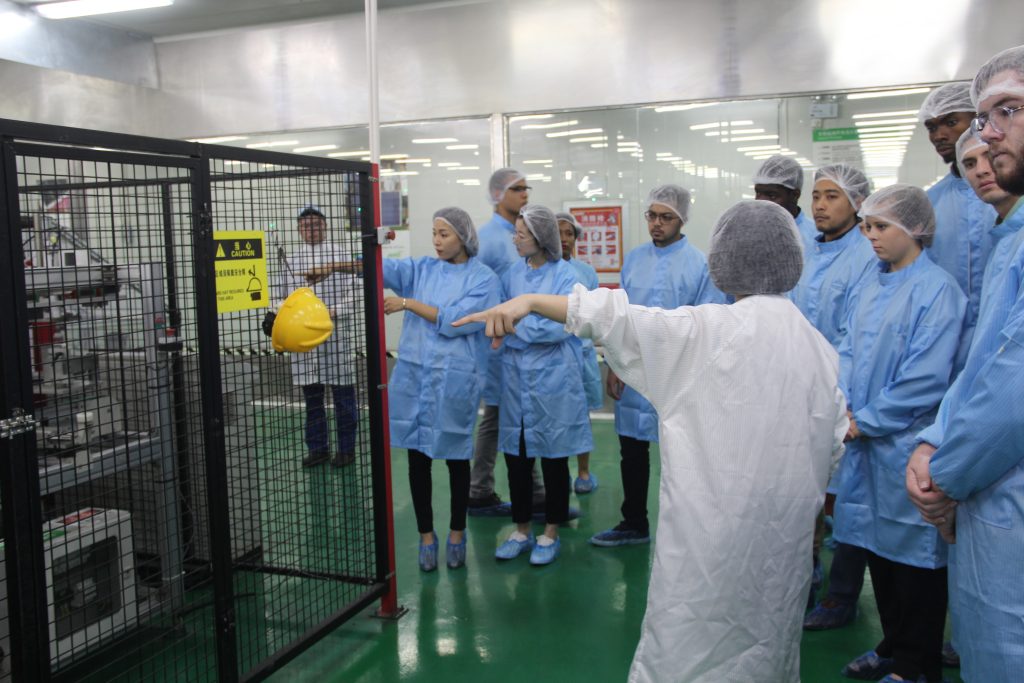 “I think this could be a real unifying factor,” Gangi says. “Right now, things are so polarized. But if we turn our attention to being globally competitive, trying to find solutions that both Democrats and Republicans can agree on could be a unifier.”
“I think this could be a real unifying factor,” Gangi says. “Right now, things are so polarized. But if we turn our attention to being globally competitive, trying to find solutions that both Democrats and Republicans can agree on could be a unifier.”
Story by Annie McDarris ’20
Annie McDarris a graduate student within the Hussman School of Journalism and Media as part of the Environment & Science Communication Dual Degree Program. She completed her bachelor’s degree in environmental studies in May 2019 and is working as a communications intern this summer with the UNC Institute for the Environment. After she graduates, McDarris plans to continue writing about environmental issues, particularly on the topics of conservation and water quality.

